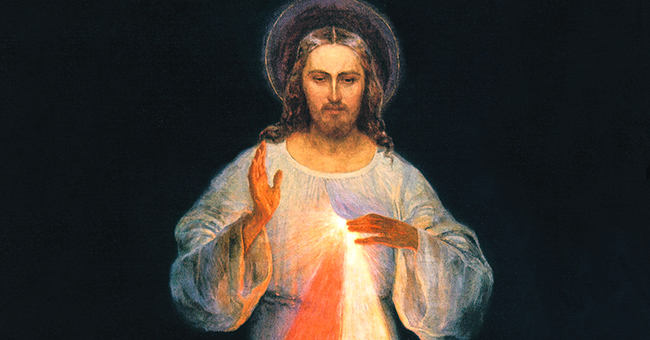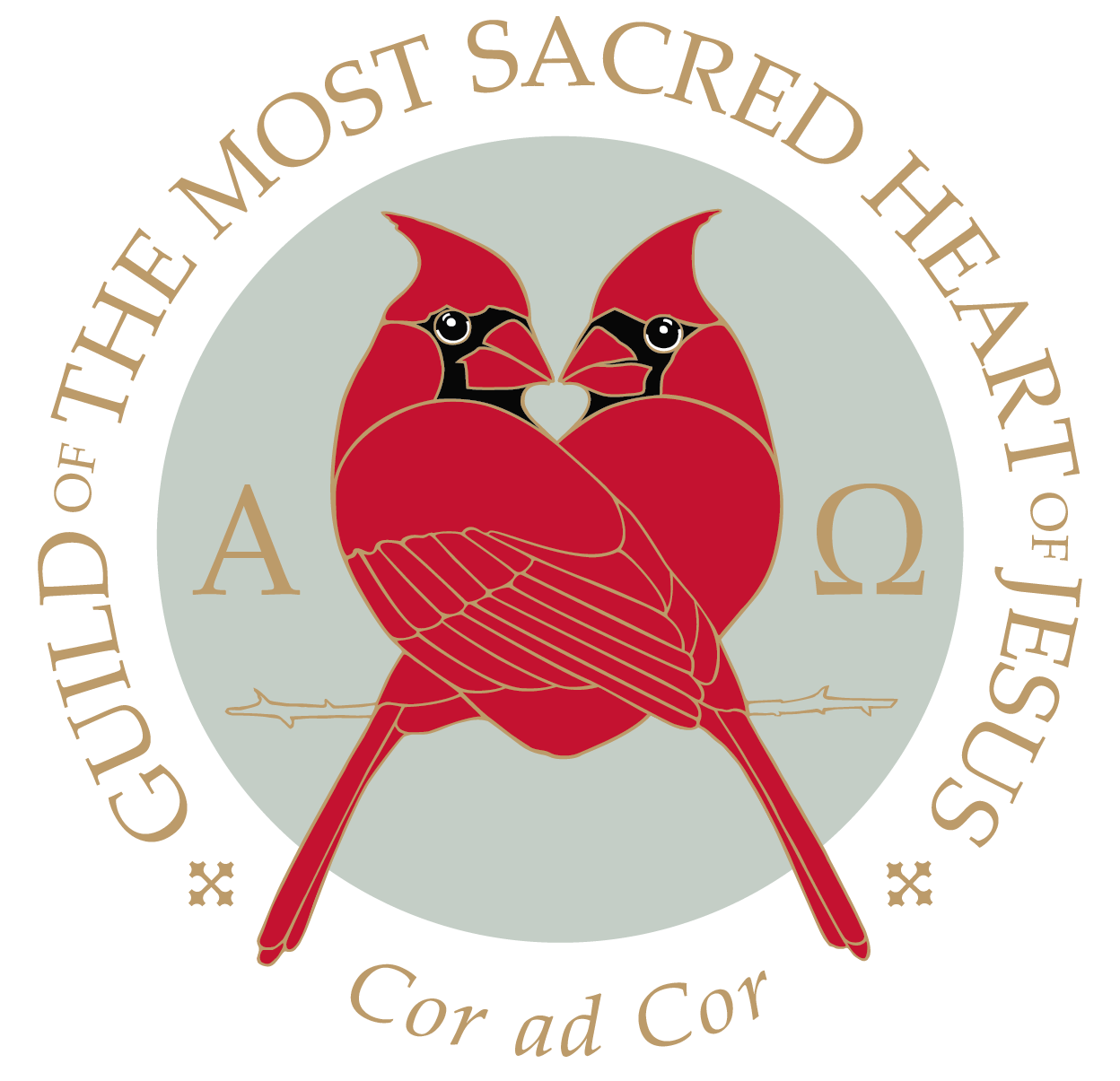
|
If you lived in the city of London, you would be familiar with a certain way of speaking, and it is distinctive to that city, and those who are Londoners, also known as ‘Cockneys’. Cockneys have a traditional and amusing way of speaking whereby they change the nouns to mean something else. It is a code language, and it is based on rhyme, hence called ‘Cockney rhyming slang’.
The way it works is; there might be one word that you typically use in ordinary speech, such as ‘stairs’, or ‘phone’, or ‘mate’, or ‘wife’. You think of a rhyme which goes with the word, and then you change the word to become the first word which has nothing to do with the rhyme.
I will give you an illustration. The rhyming slang for ‘stairs’ is ‘apples and pears’. The rhyming slang for ‘phone’ is ‘dog and bone’. The rhyming slang for ‘mate’ is ‘china plate’. And the rhyming slang for ‘wife’ is ‘trouble and strife’. This means that if you are in London and you wish to speak of your ‘stairs’, your ‘phone’, your ‘mate’, or your ‘wife’, you talk about your ‘apples’, your ‘dog’, your ‘china’ and your ‘trouble’.
It is a way of speaking in code, but everyone who knows the code will know exactly what you are talking about. If you were to say to your friend, “I got a dog the other day”, ‘dog’ is a contraction of ‘dog and bone’ which rhymes with phone, hence ‘dog’ = ‘phone’. The meaning is ‘I got a phone the other day’. This is a very good example of noun-switching. When we are in a community, we can change the meaning of a noun to mean something completely different, something unique.
Noun-switching is a way of expanding a small vocabulary. We see clear examples of this in the Johannine Corpus in the Bible (the Johannine Corpus is all of the writings which are attributed to the Apostle John the Evangelist; that is to say, the eponymous Gospel of John, the Epistles, and the Book of Revelation. All those are a family of texts, and together they are described as the Johannine Corpus).
What is distinctive about all of Corpus is that the vocabulary in Greek is quite small. So, John, to describe more profound ideas, loads up different nouns with additional meanings, and that is how the depth of theological thought is portrayed using a very small vocabulary.
Why is there such a small vocabulary? For the Evangelist, Greek is not his mother tongue. He has chosen to write in Greek so that his testimony may be communicated more broadly. However, the ideas behind his writings are not Greco-Roman ideas; they are Semitic ideas. They come from the Hebrew world. They come from the exposure to the Old Testament and the experience of having seen and witnessed the Passion, Death, and Resurrection of Christ.
In the most interesting way, through this relatively small Greek vocabulary, some of the most profound insights into our faith are found. These insights are revealed through its code. It is not quite like Cockney rhyming slang, but there is something similar happening. Because it is a code, you can easily miss the details unless you are initiated: unless you know how John speaks and what he is trying to signal when he uses certain words, things can fly right over your head.
One of the examples that we have of this code is in the Epistle today, which is from the First Letter of John. This Epistle has caused theologians across the centuries quite a number of problems, because there is this enigmatic phrase right in the middle of it. The three who testify are the Spirit, the water, and the blood, and these three are one (in this translation here) but this is not quite right: it should be the Spirit, the water, and the blood, and these three are into one. These three are into one. Perhaps that its like flowery hyperbole, but in John’s case, there always is a definitive meaning to his words. There is no hyperbole.
Let me take you to the foot of the Cross to explain what is going on in this verse. In the Nineteenth Chapter of John, Our Lord speaks His final words, tetelestai: ‘It is completed’ Immediately afterwards, in most translations, He gives up his Spirit. Again, this is a gloss, because the verb is very specific here. He actively hands over (not gives up) not His spirit, but The Spirit. It is a very deliberate allusion to the fact that the Spirit proceeds from the Son as well as from the Father. He has the authority to hand over the Spirit. We see it again in the Resurrection appearance today. He breathed on the Apostles and gives them the Holy Spirit in order to forgive sins.
Just after this handing over happens, the soldier comes with the lance and pierces His side, and out from His side immediately flows blood and water. The Spirit, the water and the blood. They are right there. They are all connected to Christ. That is the key to interpreting when you see those words in any of the writings of John.
If you look at the Greek very carefully, John is not suggesting the Spirit, the water, and the blood are an alternate Trinity. This is because John’s task, his desire, is to present Christ to us. John’s theology is intensely Christological, showing who Christ is to us. The Spirit, the water, and the blood all testify about Christ. They are all, in a sense, comings of Christ, who is the one Mediator, Advocate, the Way, and visibility of God. In the Incarnation, and only in the Incarnation, we can see God. That is why John is so concerned to stress what bears witness to the visibility of God in Christ: the Spirit, the water, and the blood.
This demonstrates that the Sacred Scriptures are using a lot of code language. The code in this verse is that the Spirit, the water, and the blood tell us how we are to accept Christ. Anybody coming to Christ comes first of all because the Spirit moves him to do so. No one comes to Christ unless the Spirit moves them. Christ came to earth in the Incarnation, in the water, if you like. He became visible for us. But that was not all He did. Having become visible, He needed to reconcile us to the Father, and He comes, again, this time in the blood through the sacrifice of Calvary.
The nature of our faith is indeed a mystery, but it is not there to confuse us. When the Sacred Scripture gives us this code language, we accept it with a ready heart, because we wish to believe. We do not have to understand it all. We do not have to understand it fully. It is not necessary for us all to be doctors and professors of theology. There comes a point even with doctors and professors of theology when you just have to stand back and, like Thomas in the Upper Room, simply say, “My Lord and my God.” You have to have the humility to see Christ for who He is, because He so desperately wishes to reveal Himself to us.
PRAY
